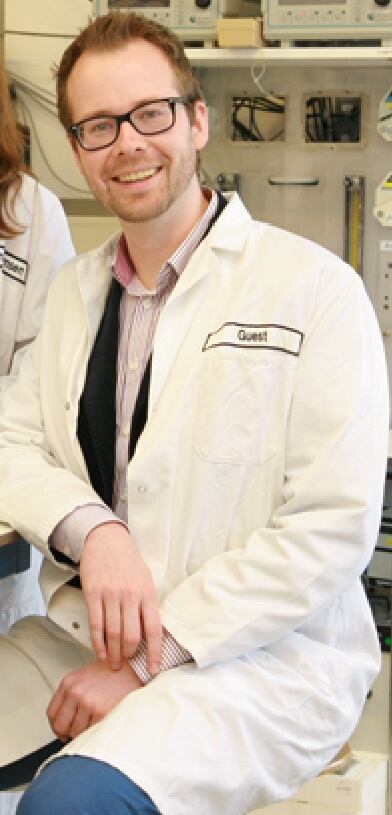While many existing algae producers such as Allma in Portugal and Roquette in France are focusing on the production and supply of whole algae as an ingredient in a powdered format, TNO is going another way with its project named VALORIE.
“Chlorella is now being sold as a ‘superfood’, just as has been done with spirulina in the past,” said TNO functional ingredients scientist Corjan van den Berg.
“If, as seems to be the case, algae production using Co2 continues to increase, this niche market will be flooded. That’s when you start thinking about refining.”
Van den Berg estimated global production of all algae grown using Co2 and photosynthesis was only around 15,000 tonnes.
Other suppliers such as Solazyme in the US (which once worked with Roquette before the relationship soured), are interested principally in oils extracted from algae produced in a glucose medium.
Some produce omega-3 fatty acids, but many are primarily interested in non-food applications. As van den Berg explained, non-GMO requirements could be a problem for some of these glucose-based operations supplying into the EU.
“We’re trying to find a more balanced approach,” he said.
“At the top of our list for extraction would by antioxidants such as astaxanthin, and among omega-3 fatty acids the polar lipids – phospholipids and glycolipids – which research now suggests are taken up more efficiently by the body than triglycerides.”
“Soluble plant protein is also important. If you can dissolve proteins, you can use them more imaginatively, for example as a binding or gelling agent in meat products.”
Breaking down the walls
TNO’s algae plant is mobile. It is currently based in the Netherlands, but is likely to be sited elsewhere in the near future. The research organisation says it is already working with producers such as Algae Food & Fuel and is looking for new producers focusing on human food ingredients.

Algae Food & Fuel bases its production on waste water containing nitrates and phosphates, and produces mixed strains of algae suitable for fish and animal feed. Up to now, TNO says that in this situation it has had to use mechanical means to render the cell wall more permeable.
“We tried using a protease enzyme to perform this task,” said van den Berg. “In a mixed culture, this didn’t work, but it might yield results with a single strain of algae. The aim would be to cut costs in terms of energy usage.”
The refinery consists of different modules including filtration, centrifuges and extraction/reactor vessels that can be used in varying combinations.
TNO said its mobile refinery was proportioned to output from a single hectare of algae production. A future fixed refinery could be 50 or 100 times larger.
“A lot of algae cultivation is scaling up, with many producers planning fivefold increases over the next few years,” said van den Berg.
